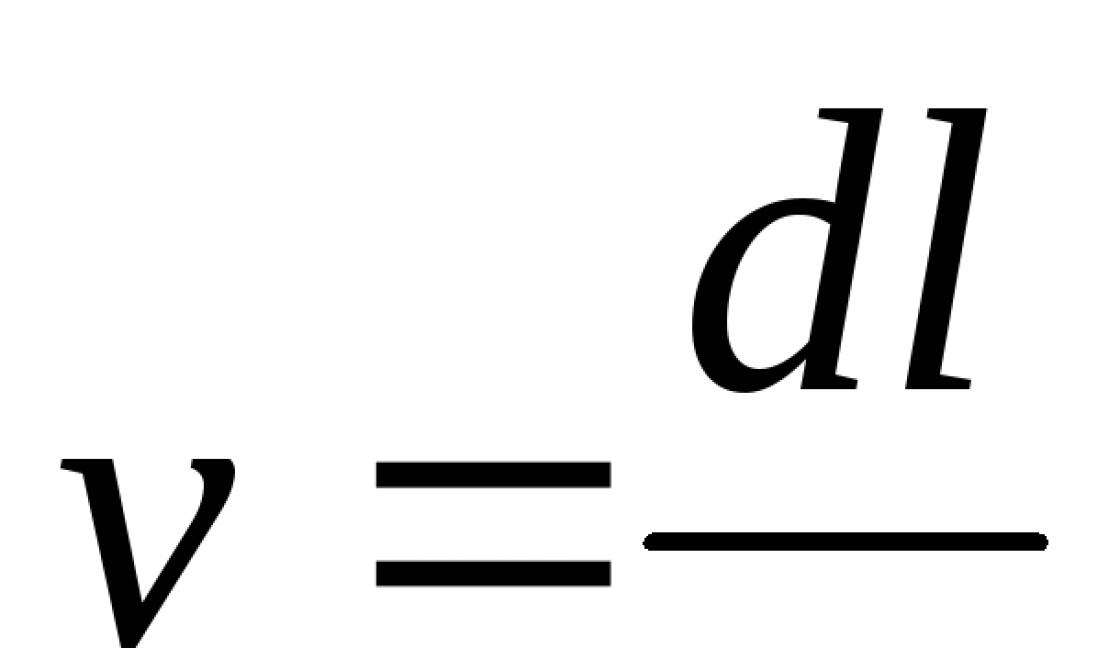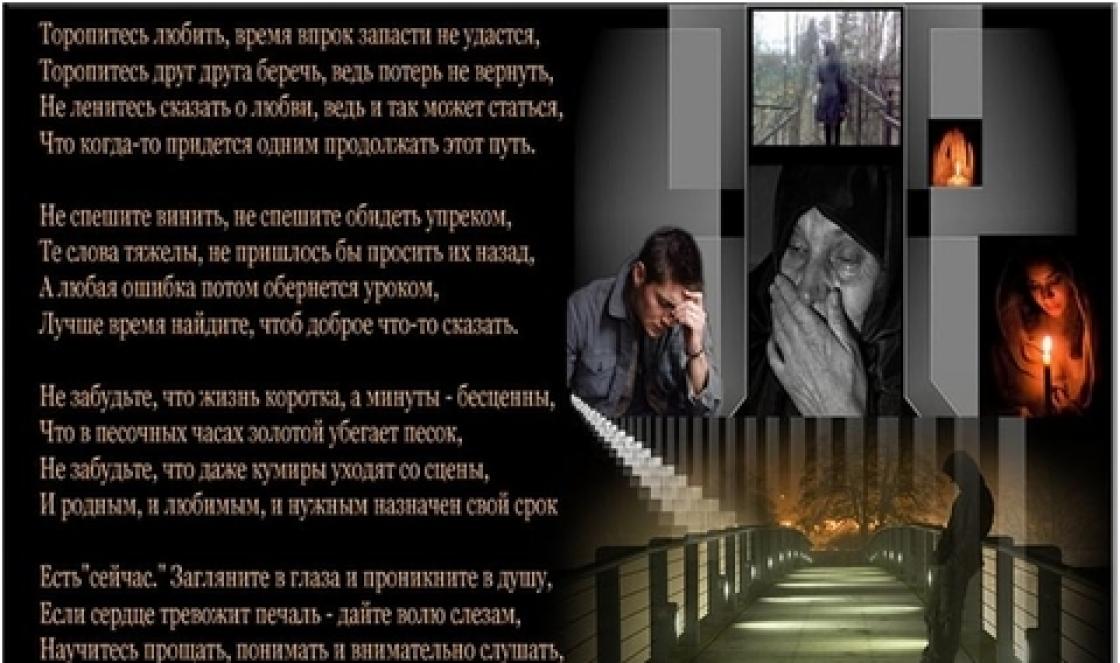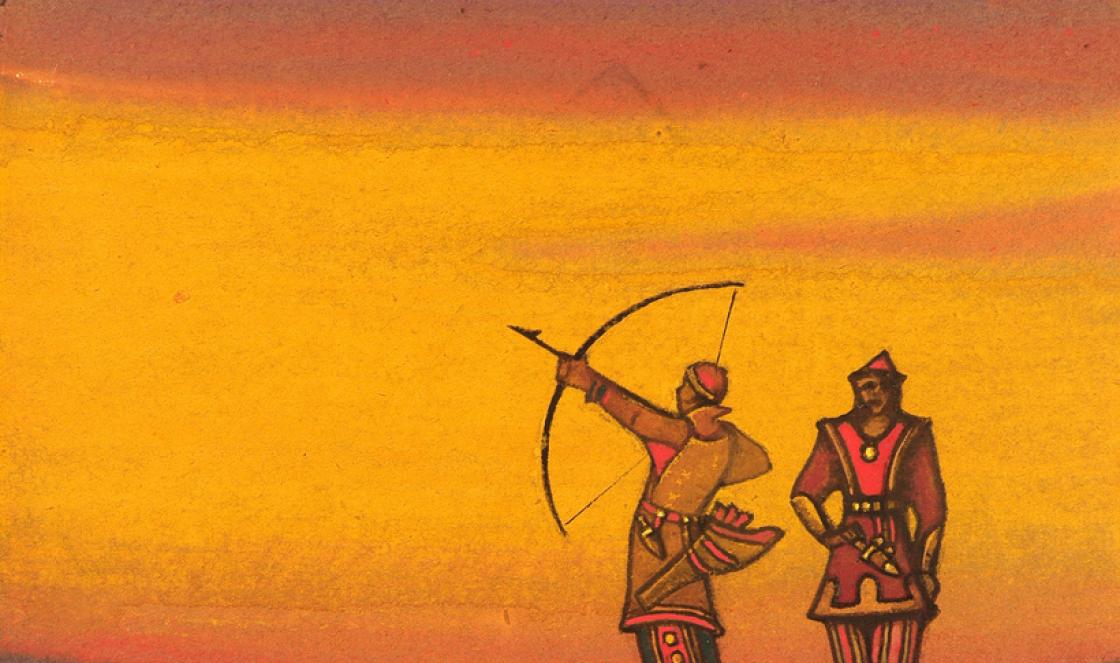WARNING DICTATIONS
I. Boy, schoolboy, sparrows, teacher, wrestling, drinking, coat, horse, ring, sew, film, finger, droplet, benefit, mallow, village, beats, album, mill, stump.
II. Day, perch, twist, cornflowers, bubble, fun, small, white, blizzard, red, strong, steel, ears of corn, pain, free, impossible, feathers, sick, family.
III. Only, teacher, notebook, whose, whose, trees, friends, bear, do, draw, ask, sing, six, seven, eight, nine, ten.
2. Write down sentences. Underline words with a soft sign (ь) in the middle.
1. Winter days are short! 2. The boys ran to school. 3. Dew drops glisten on rose petals. 4. The river was covered with ice. 5. Bright mallows blush near the house. 6. Masha dropped a ring into the river. 7. gray bunny shivering from the cold. 8. The teacher put the top five. 9, I hit the door hard. 10. Cow Zorka nibbles grass. 11. A blizzard is angry in the field. 12. Butterflies hover over the lamp. 13. The girls came in smart dresses.
SELECTIVE DICTATIONS
1: Listen to the suggestions. Write and read words with soft
sign (b) in the middle.
1. Pets are of great benefit. 2. In September, schoolchildren begin classes. 3. There is an interesting film on TV today. 4. Airplane lights are visible in the night sky. 5. Mom put a linen tablecloth on the table. 6. The father has a strong character. 7. Water gurgles in the kettle. 8. Blue eyes of forget-me-nots are visible in the grass. 9. Father brought Nastenka a scarlet flower. 10. Ants hurry to their house. 11. Swallows made a shelter under the roof. 12. It rains in autumn. 13. There are a lot of needles under the spruce.
2. Write out in order the names of the months that end with a soft sign (b). Translate them into Ukrainian.
June has come.
"June! June!" -
Birds are chirping in the garden.
The winds blow in February
Howling in the pipes loudly.
Opening the calendar
January begins.
In December, in December
All trees are in silver.
Loose snow darkens in March,
Ice is melting on the window.
Haymaking is in July
Somewhere, thunder grumbles at times.
In October, in October
Frequent rain outside.
April, April!
Drops are ringing in the yard.
On a clear September morning
Villages thresh bread.
We collect in August
Fruit harvest.
May with flowers,
The lilac is blooming.
(S. Marshak)
EXPLANATORY AND VERIFICATION DICTATIONS
Separate words with a soft sign (ь) at the end for hyphenation.
Lots of work in the yard. It is necessary to water the flowers, dig up the earth. Yesterday we planted a poplar. We will look after him. It will grow and give good shade. The lilac has already blossomed. Beautiful in our yard!
WINTER EVENING
It snowed all day long. By evening the blizzard was over. The children began to sculpt a snowman. It was getting dark quickly outside. In winter, the night is long and the day is short. At five o'clock in the evening it is already dark. Gotta go home.
SUMMER IN THE ALBUM
It's autumn now. And in my album summer. I drew a big bouquet. It has delicate daisies. They have white petals and a yellow center. Dew drops on the flowers. Good to remember the summer dawns!
WINTER POND
Yesterday it was very cold. Our pond is covered with ice. The boys put on their skates and went for a ride. There are bubbles in the middle of the pond under the ice. Big fish sleep there. Can't walk on thin ice! You can fall into the water.
ICICLE
Here come the spring days. Nadenka put on a warm coat and went out onto the porch. Black thawed patches appeared on the white snow. A cold drop fell on Nadya's cheek. It was a large icicle hanging from the roof. She can fall and hit hard. Be careful in spring!
Spring has come. Nature welcomed the guest with joy. The winter storms have faded. Sticks and branches are visible from under the snow. Bird housing will soon be built from them. Melting snow flows in streams. The ants will wake up soon. Bees will swirl around the hives. The leaves rustle on the trees. Birds will greet spring with a joyful trill.
Note.Letter b before O written in some foreign words, for example: battalion, bouillon, guillotine, Carmagnole, companion, minion, pavilion, postman, champignon.
§ 72.Letter b written to denote the softness of a consonant, except h, sch(see §75), at the end of a word, for example: drink, darkness, horse, and in the middle of a word before hard consonant, For example: threshing, request, nurse, less.
To indicate the softness of a consonant before another soft consonant, b written in the following cases:
- If, when changing the word, the second soft consonant becomes hard, and the first consonant retains its softness, for example: nannies(nurse), wedding(wedding), eight(eighth).
- To indicate softness l, For example: herring, flatter, smaller, finger.
In all other cases, before soft consonants, including before h, sch, letter b not written, for example: bones, early, babysit, tip, mason.
Note.between two soft l letter b not spelled, For example: illusion, goofy.
§ 73. Letter b It is also written in the following cases:
- In formed from numerals five, six, seven, eight, nine complex numerals in which both parts decline, for example: fifty(fifty, fifty) sixty, seventy, eighty, nine hundred, But: fifteen(fifteen, fifteen) sixteen and so on.
- In the instrumental plural, for example: children, people, Also four.
- In an indefinite form before -sya and in an imperative mood before -sya And -those eg: drink - get drunk; fix - get better, fix; suspension - get suspended, weigh.
§ 74. Letter b not written:
- In adjectives with a suffix -sk - formed from nouns on b, For example: Kazan(Kazan), Kemsky(Kem), Siberian(Siberia), brutal(beast), January(January).
- IN genitive case plural from nouns to -nya with a preceding consonant or th and in those formed from them with the help of a suffix -To - diminutives eg: cherry - cherries, cherry; slaughter - slaughterhouse; reading room - reading room; but: bath - baths, bathhouse; Apple tree - apple trees, apple tree; also a village villages, village; young lady - young ladies; kitchen - kitchens, kitchenette.
Note.adjectives September, October, November, December, June, day (day-day) are written with b; adjectives formed from Chinese names in -n , For example: Yunnanese(from Yunnan).
§ 75.After the sizzling (and, h, w, sch) letter b written only in the following cases:
- At the end of feminine nouns in the nominative and accusative singular, for example: rye, night, mouse.
- In the ending of the 2nd person singular of the present and future tenses of the verb after the final w, For example: carry - carry, wear - wear, accept - accept.
- At the end of a verb in the singular imperative mood, moreover letter b is preserved before -sya , For example: smear - smear; hide - hide; eat.
- In the plural imperative before -those, -tes, For example: smear - smear ; hide - hide ; eat.
- At the end of a verb indefinite form, moreover letter b written before -sya, For example: cut, get a haircut.
- In all dialects after final w And h , For example: entirely, jump, away, as well as in the adverb wide open.
- At the end of the particles: vish, I mean, only, ish.
The purpose of critical thinking is to develop the thinking skills of students, which are necessary not only in school, but also in life.
The lesson based on this technology is based on the following stages: evocation (challenge), implementation (comprehension), reflection.
At the stage of evocation, the teacher is faced with the task of "causing" existing knowledge or creating associations on the issue under study, as well as to activate and interest students.
At the stage of comprehension, work with information is underway, a search for answers is underway, the meaning of what is being studied is realized. The use of methods and techniques of this technology allows you to keep the activity of students, to make the work meaningful.
Goals and objectives:
- To introduce the rules for writing a soft sign after feminine nouns hissing at the end and spelling of masculine nouns with hissing at the end;
- Improve the ability to recognize nouns by gender;
- Check the formation of the concepts “Soft sign indicates the softness of a consonant in writing”, “Dividing soft sign”.
- Develop thinking, attention;
- Cultivate love for the Russian language.
Stage 1. Organizing time
To succeed in Russian, not only to know, but also to be able to.
Apply the acquired knowledge in the classroom.
Actively think and discuss.
Draw conclusions and generalize.
That's the key to a five.
Stage 2. Evocation - a call to action
A) brain attack.
Mystery:
This letter is a tricky sign.
Don't say it at all.
He won't wear out
But the word is often asked. (b)
- In Russian, the soft sign is used in three cases.
- What two functions do you know that a soft sign performs in a word?
- These are “phonemic” rules, since in these cases the phonemes (sounds) command the letter “b”.
Stage 3. Realization of Meaning - searching for answers, understanding the meaning
A) DRTA - directed reading or reading with stops
- What is the third case of using a soft sign?
- A fairy tale will help us in this. By the end of the work, you should find out what else the soft sign is used for.
(Each student is given a text of a fairy tale).
Soft sign at the end of feminine nouns
Once upon a time there were three genders: Male, Female and middle. One day the middle race heard an argument. The masculine gender and the feminine gender were arguing. They could not divide the soft sign after the hissing consonants zh, ch, u, sh. And then the middle race offered to resolve the dispute. He said: “Men are knights! Give way to the soft sign of the feminine. The sor ended peacefully. The knights gave way to the female gender a soft sign. Since then, in the names of feminine singular nouns, a soft sign is written at the end after hissing, and there is no sign at the end of masculine nouns.
B) Work with multi-level questions, with the simultaneous compilation of a cluster.
- Name the main characters of the story. (Masculine, Feminine, Neutral.)
- What caused the dispute? (Could not divide the soft sign after the hissing consonants).
- Who could not share a soft sign? (Masculine and Feminine).
How did the dispute end? (Given a soft sign to the feminine).
Why did the story end like this?
Could the dispute have ended differently?

- Formulate your own conclusion.
Conclusion: At the end of feminine nouns, a soft sign is written after the hissing letters.
C) learning the rules
Let's get back to the sun. What is the third case of using a soft sign in Russian?
- A soft sign indicates the gender of nouns ending in hissing w, w, h, w. This rule is "non-phonemic", since in this case the soft sign does not indicate the softness of the previous consonant. It performs a completely different function.
those. indicates that the word with hissing at the end is feminine. This is the third use of the soft sign in Russian.
Stage 4. Reflection - the stage of display, reflection
A) "Tree of Wisdom"
- Let's turn to the "Tree of Wisdom". Explain the spelling of nouns for the spelling being studied, justify where a soft sign is needed, and where we will not put it . (There is a drawing of a tree on the board, the words are attached to it: droch ..., speech ..., raincoat ..., doctor ..., borscht ..., game ..., lily of the valley ..., birth ... Children go to the board, remove the word they like and explain the spelling)
B) Compilation of a crossword puzzle
- If you make a crossword puzzle correctly, then in the highlighted cells you can read the answer to the riddle: "The black cow overcame the whole world." (Tips in the picture).
Children receive a crossword puzzle and solve it on their own.(Picture 1)

1. Walks along the loaf, cutting it.
2. Duck in the sea, tail on the fence.
3. In winter, he eats firewood, and sleeps in summer.
4. Small, but not sweet to anyone.
Peer review and self-assessment.
- Raise your hand, who did not make a single mistake.
Now raise your hand if you made one mistake.
- Explain the spelling of words with a soft sign in the words of the crossword puzzle.
IN) creative work(Work in groups).
- Using words with a new spelling, i.e. using masculine and feminine nouns with hissing at the end of the word, compose a dictation - a parody or "nonsense".
At the end of the work, several groups read the resulting stories.
D) Work in pairs of permanent composition
– In each column of this table, all words must be either with a soft sign or without a soft sign. Determine in which columns the words are distributed correctly. Why?
- Correct the errors in the columns
Stage 5 Outcome
- What new case of using a soft sign did you meet today? (A soft sign is an indicator of the grammatical form of a word)
- What is the role of the soft sign? (Indicates the feminine gender of nouns with hissing at the end)
- On what basis can we combine these words into one group? (Nouns of the third declension)
xn--i1abbnckbmcl9fb.xn--p1ai
Forum archive
How is the gender of nouns determined? Are there certain rules here? I didn't find anything on the Internet.
Rules are needed for a person who studies Russian as a foreign language, so you cannot rely on linguistic logic.
Previously, gender was determined, it seems, by endings:
Female, most often - "-a". I don’t remember any exceptions, except perhaps the “Indian Indian” or the Japanese sword “katana”, but these are aliens that do not kill the base.
The neuter gender is predominantly on “-o”, less often on “-e” (meringue, fillet).
With men, as expected, a complete mess. Any consonants at the end + soft sign ("horse-fire")
I didn’t understand - only the “Indian Indian” m.r., and the “dad” with the “father” and “uncle” - zh.r., and the “banner” with the “flame” there too?
There are no rules. If you try to create any, there will be half a language of exceptions. So in any way, you need to turn on the memory and rely only on it.
We learn French - we remember. And this is where you have to remember.
Gradually, some kind of instinct will arise, but it will also let you down.
Why is the “mouse” of the female, and the “march” of the male, no one will be able to come up with the rules for him.
The topic is unbearable. Short, incomplete and in some ways even inaccurate, but I'll try.
We don’t consider proper names here, it’s generally a nightmare, for a foreigner it’s a complete one.
Two-kind (m and f) are almost always possible in relation to persons: our doctor and our doctor, our headman and our headman.
Ending in a solid consonant - all masculine, I remember exceptions. Here too - ending in hissing, not having a soft sign on the letter.
Ending in -а, -я inanimate - all female. Exceptions are the rarest magnifying forms of the "domino" type, the gender of which varies.
Animated in -a, -я - can be masculine but almost exclusively related to people: headman, governor, servant. IN modern language they usually also take on a double gender: our headman and our headman (the servant is always male).
Ending in O and E, except for some borrowed ones (coffee, coat) - neuter.
Borrowed to I (such as "ivashi") can be of any gender, usually determined by a generic word.
the combination in the letter "hissing + b" is feminine.
Finally, the rest ending in b can be M and F. You need to look in the dictionary. There are some rules, but they are not absolute and are poorly understood by foreigners.
There are few masculine genders among them, but they exist, especially in words
-el and -ary. But at the same time, the rigmarole, flute, cinnabar, etc. - female.
To determine the genus of a hare, you need to look at how he runs. If you run - a hare, if you run - a hare.
A feminine word with a soft sign at the end or with a null ending?
A soft sign is not an ending. Simply for the reason that it does not denote sound.
Feminine words with a zero ending in Russian are a dime a dozen. These are words of the third declension. All of them just end with a soft sign. These words include: night, daughter, oven, flow, speech, midnight, mouse, silence, wilderness, rye, lies, steppe, bittern, swamp, mucus, ligature, connection, mud, ointment, shipyard, swell, abyss, fraction , copper, notebook, horse, mother, bone, sadness, revenge, flattery, honor, suit, mouth, part, arrogance, heresy, axis, lynx, salt, mole, role, pain, need, steel, veil, shawl, trill , drill, distance, sadness, stranded, spruce, autumn, shadow, laziness, tribute, liver, door, illness, expanse, blood, love, mother-in-law, carrots, new, death, memory, thread, conscience, valor, honesty, fidelity , eternity, importance, speed, envy. and many others.
Words ending in the soft sign "ь" are feminine nouns, in the nominative case, of the third declension.
It is believed that these nouns without an ending, or in another way with a zero ending
There are a lot of such nouns in Russian, for example:
night, spruce, mother, square, horse, speech, salt, mouse, lilac, role, blizzard and many others.

with a soft sign horse, cradle, thing, oven, flow, salt, moth, roofing felt, role, pain, distance, lie, life, stranded, revenge, news, charm, flattery, wisdom, awn, axis, drill, flute, blizzard , dust.
they are also with a zero ending, b- sign is not an ending
In Russian grammar, feminine nouns ending in the hissing consonants sh, zh, u, ch are traditionally written with a soft sign, in contrast to masculine words. Compare:
melo h oh, grief h b, map h b, slit h b, luxurious w b, veto w b, play w b, bre w uh, bro w blah blah and b, ve sch b, mo sch b, help sch b - feminine, third declension;
crumb, baby, strong man, profit, hoop, circus performer, brick, opening day, cortege, ivy, borscht, tick - masculine, second declension.
For these nouns in the nominative case, the ending is an “invisible” morpheme and is called zero, since it is not expressed either by letters or by sounds. But it is worth changing the word according to cases or numbers, as the ending manifests itself materially:
brooch_ - no brooch, I admire the brooch;
baby_ - no baby-a, admire baby-oh, take care of baby-e.
www.bolshoyvopros.ru
internet project BeginnerSchool.ru
Website for children and their parents
Soft sign after hissing nouns in nouns

Let's look at the drawing. Why are these nouns arranged in different columns?
Please note that in the second column, nouns have a soft sign at the end after the sibilants, while in the first column there is no soft sign. Why?
In the first column all nouns are masculine, and in the second - feminine.
Soft sign after hissing spelled at the end of nouns feminine in the singular. This is a spelling.
So, let's determine whether to write a soft sign at the end of the following nouns:
Trembling(?) (what?) n. zh.r. - shiver
broch(?) (what?) n. zh.r. - brooch
rich man(?) (who?) n. m. - rich
knife(?) (what?) n. m. - knife
youth(?) (who?) n. and. R. - the youth
At the end of nouns male after hissing soft sign is not written.
A soft sign after the hissing at the end of some nouns can help to recognize the gender of this noun.

ink(feminine) for writing
Thank you for being with us.
- Soft sign In this article we will talk about a soft sign. For what.
- Declension of adjectives Today we will talk about the declension of adjectives. For those, who.
- Declension of nouns Changing a word in numbers and cases is called declension. In this one.
- Plural Nouns We continue to study nouns and the topic of this article is nouns.
- Spelling of unstressed case endings of nouns of 3 declensions Let's continue the topic of declension of nouns. We have discussed in previous articles.
Subscribe to site news:
Please leave comments in the form below
beginnerschool.com
The gender of the noun into hissing (furnace - sword)
Why do some nouns end in a soft sign, while others do not? Determine the gender of nouns with and without a soft sign.
knife, rye, sword, oven, mouse
Remember! Feminine nouns with a hissing consonant have a soft sign at the end, while masculine nouns with a hissing consonant do not have a soft sign at the end.
(This work will be more interesting and effective if done in groups (by options, by rows).)
Midnight doctor. lily of the valley. odorous. mighty because of the clouds. problem solving. extract. key. rejoice. xia, multiply. write. drink. you carry. many candles. because of the groves. and pastures.
Distracted from Basseinaya Street, he dropped the Primer and all the soft signs spilled out of it. Help them collect and arrange in their places!
1. doctor. night owl. kalach. speech rook. ; lies. knife. birth ; ladle. quiet mouse march. shower. bullshit (nonsense).
2. hut. oven bitter borsch. kalach. mouse bro. pencil. knife. match. cry. key. daughter carcasses cry. help baggage. hut.
Write these nouns in the singular, choosing appropriate adjectives for them. Do not forget to write a soft sign after the hissing at the end of feminine nouns! Example: Beautiful march.
Pencils, brooches, lilies of the valley, mice, knives, swifts, ruffs, stoves, doctors, kids, raincoats, nights, daughters, things, Easter cakes, keys, landscapes, rays, balls.
Examples of adjectives: precious, Easter, fragrant, field, prickly, violin, affectionate, sunny, colored, fast-winged, hot, thick-cheeked, starry, sharp, childish, waterproof, football, useful, forest.
For these words, pick up nouns with the same root with a hissing at the end. Do not forget to write a soft sign after the hissing at the end of feminine nouns!
Sample: Ball - ball.
Assistant - _______________________
Key - ____________________
Mousetrap - _____________________
Draftsman - ______________________
Daughter - _____________________
Gizmo - ____________________________
Brooch - ______________________
Circus - __________________________
Gatehouse - ____________________
Baker - _______________________
Violin - _______________________
Overnight - _______________________
Pipe - _________________________
Silence - _______________________
Hedgehog - ________________________





